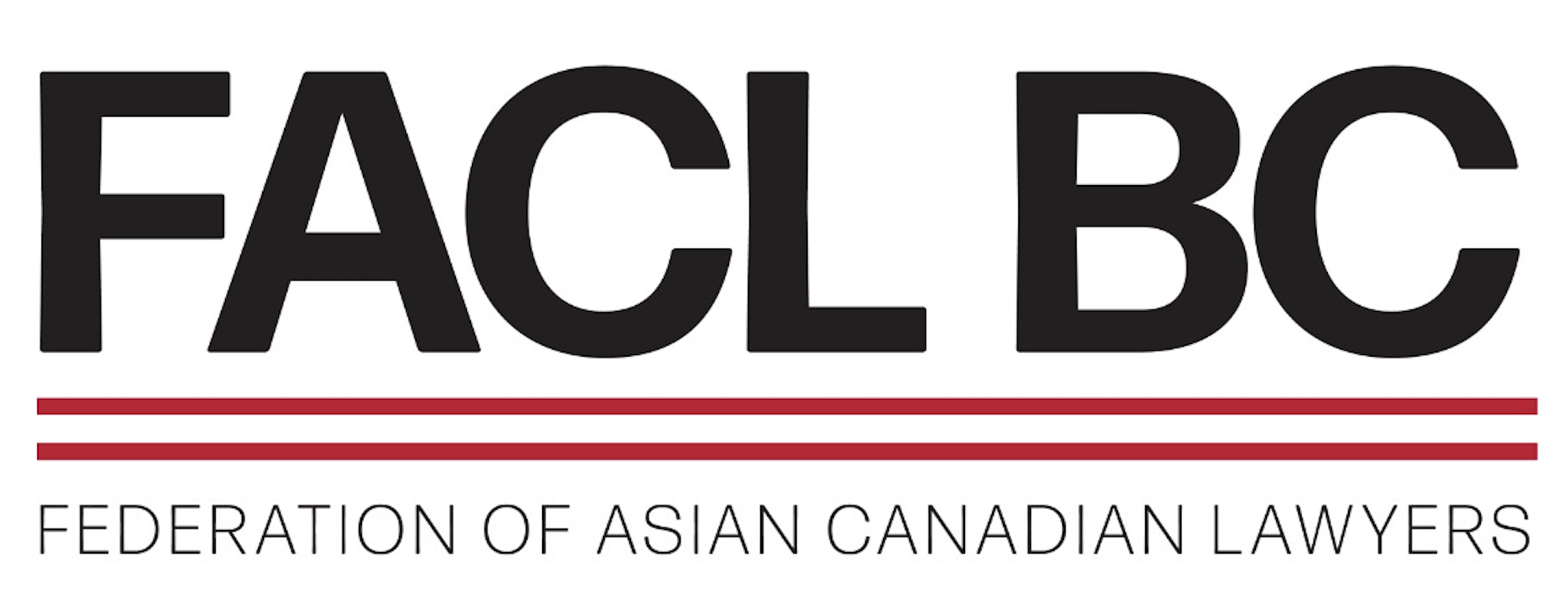FACL BC Statement on the Government of Canada's Fall Economic Statement 2020
December 11, 2020
On November 30, 2020, the Government of Canada released Supporting Canadians and Fighting COVID-19: Fall Economic Statement 2020.1 The Statement is clear about the federal government’s continued commitment to fighting systemic racism. BIPOC communities, especially Black and Indigenous communities, are disproportionately impacted by systemic racism in the justice system.
FACL BC recognizes that the federal government’s funding announcements to address issues that Black, Indigenous, and racialized communities face while navigating the justice system is a promising step. However, ongoing action is also required.
The Statement highlights funding for a number of justice-related initiatives that will impact racialized communities, listed below:
-
$9.2M for federal courts to assist with COVID-19
-
$40M for criminal legal aid to assist with COVID-19
-
$6.5M for Impact of Race and Culture Assessments (IRCAs) – Legal Aid Program
-
$28.6M for Community Justice Centres
-
$49.2M Support for Gladue Reporting
-
$2.8M for UNDRIP implementation
-
$8.1M Support the Negotiation of Administration of Justice Agreements
Changes to the justice system through initiatives like Impact of Race and Culture Assessments (IRCAs) and Gladue Reporting2 hope to bring systemic factors such as racism and trauma into the sentencing process, and help reduce the overrepresentation of Black and Indigenous Peoples in the criminal justice and correctional systems.3 Accounting for anti-Black racism through IRCAs is the minimum standard for our justice system, and will make the remedial protections available through the sentencing process accessible to Black Canadians.4 However, it is important that the federal government takes further steps toward social reform, so that Black and Indigenous Peoples are not disproportionately arrested or engaged in the criminal justice system in the first place.
The commitment toward supporting Community Justice Centres, which serve to address the root causes of crime and divert individuals toward social supports rather than incarceration, is also a step in the right direction.5 Through the integration of services and supports that are culturally appropriate, Community Justice Centres may help to address systemic issues that disproportionately affect Black and Indigenous communities, and help decrease the overrepresentation of Black and Indigenous Peoples in the criminal justice system.6 Similarly, the implementation of UNDRIP, and the Government of Canada's commitment toward combatting systemic discrimination against Indigenous Peoples and violence against Indigenous women, girls, and LGBTQ2S folks is promising, though in order to have a significant and lasting impact it is necessary that the commitments are supported by continued action.7
FACL BC encourages the Government of Canada to continue to consult with, and listen to, Black, Indigenous, and racialized communities to address systemic racism in the justice system.
--
1 https://budget.gc.ca/fes-eea/2020/report-rapport/FES-EEA-eng.pdf
2 https://www.nwac.ca/wp-content/uploads/2015/05/What-Is-Gladue.pdf
3 https://digitalcommons.schulichlaw.dal.ca/cgi/viewcontent.cgi?article=2138&context=dlj at 156.
4 https://digitalcommons.schulichlaw.dal.ca/cgi/viewcontent.cgi?article=2138&context=dlj at 158.
5 https://bcfnjc.com/indigenous-justice-centres-in-british-columbia/
6 https://bcfnjc.com/indigenous-justice-centres-in-british-columbia/
7 https://www.afn.ca/policy-sectors/implementing-the-united-nations-declaration-on-the-rights-of-indigenous-peoples/
